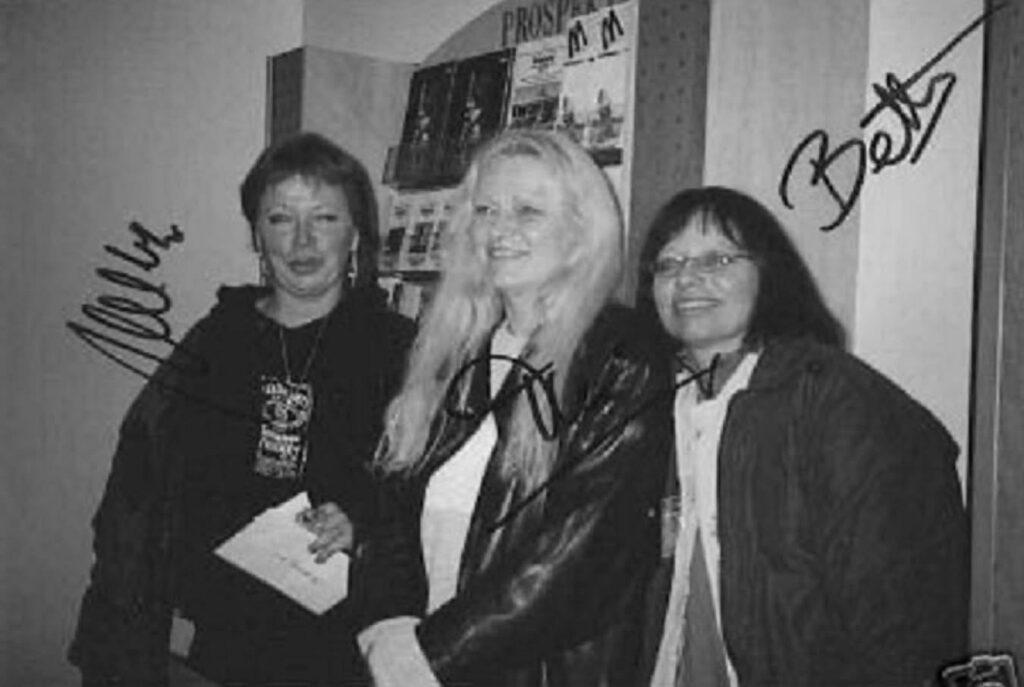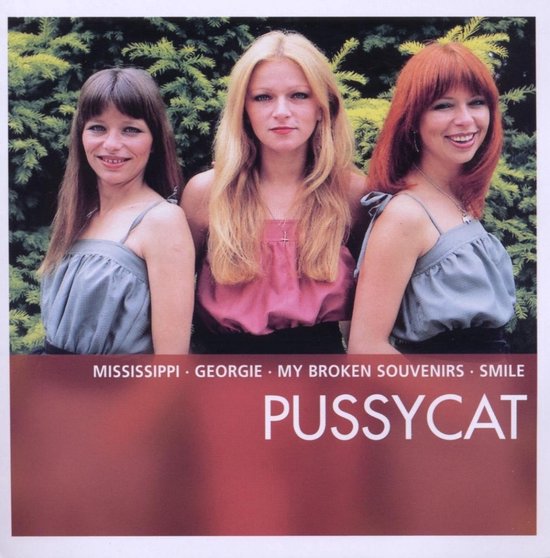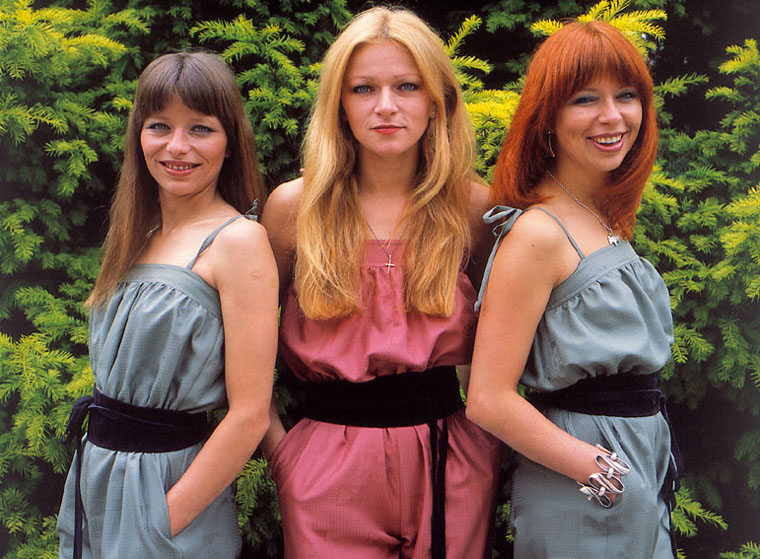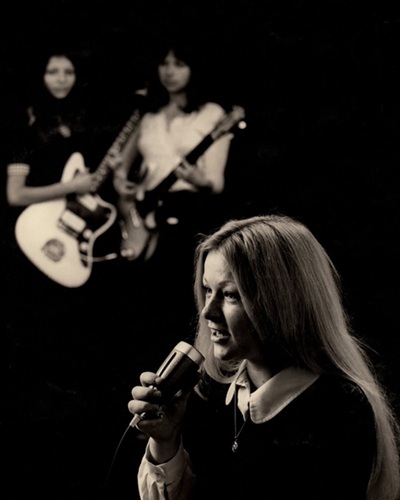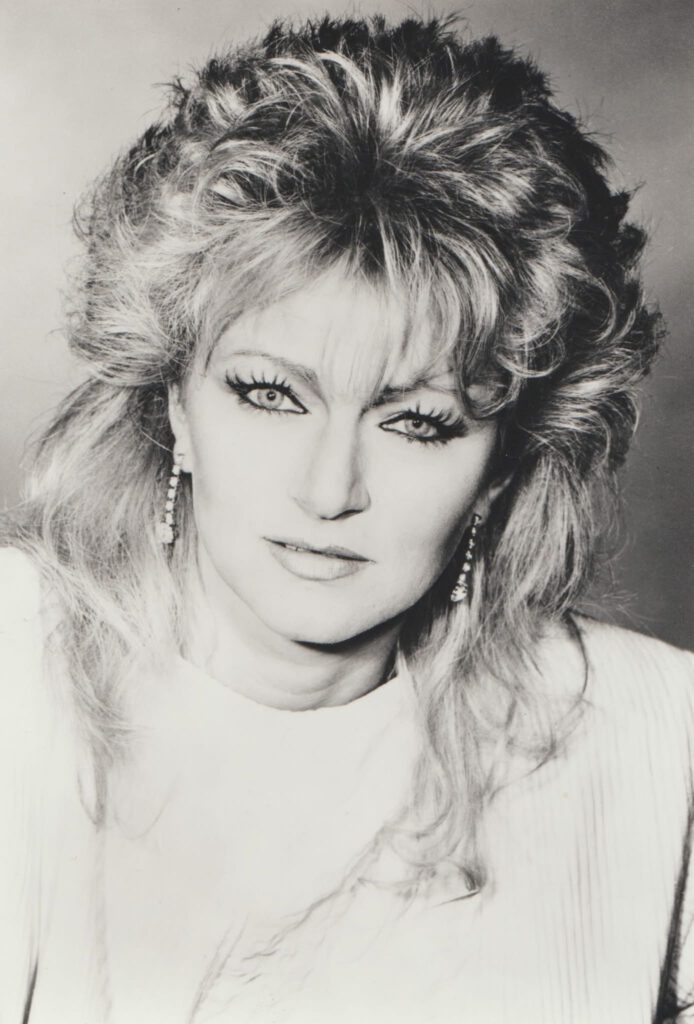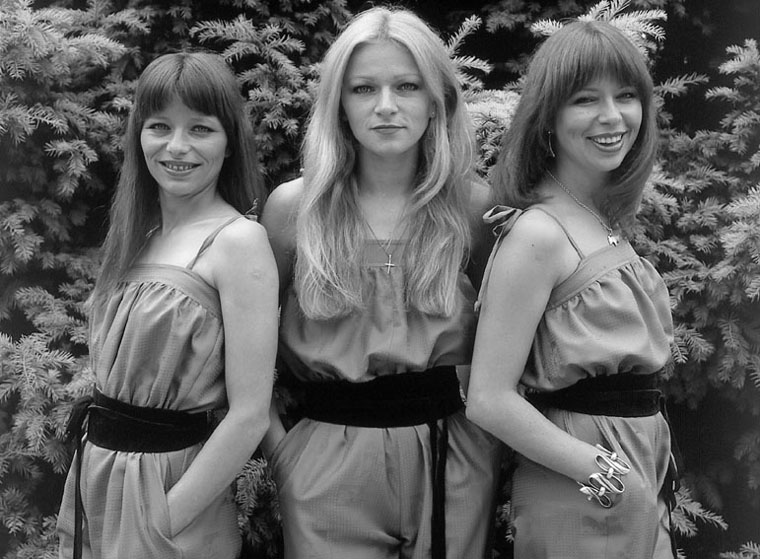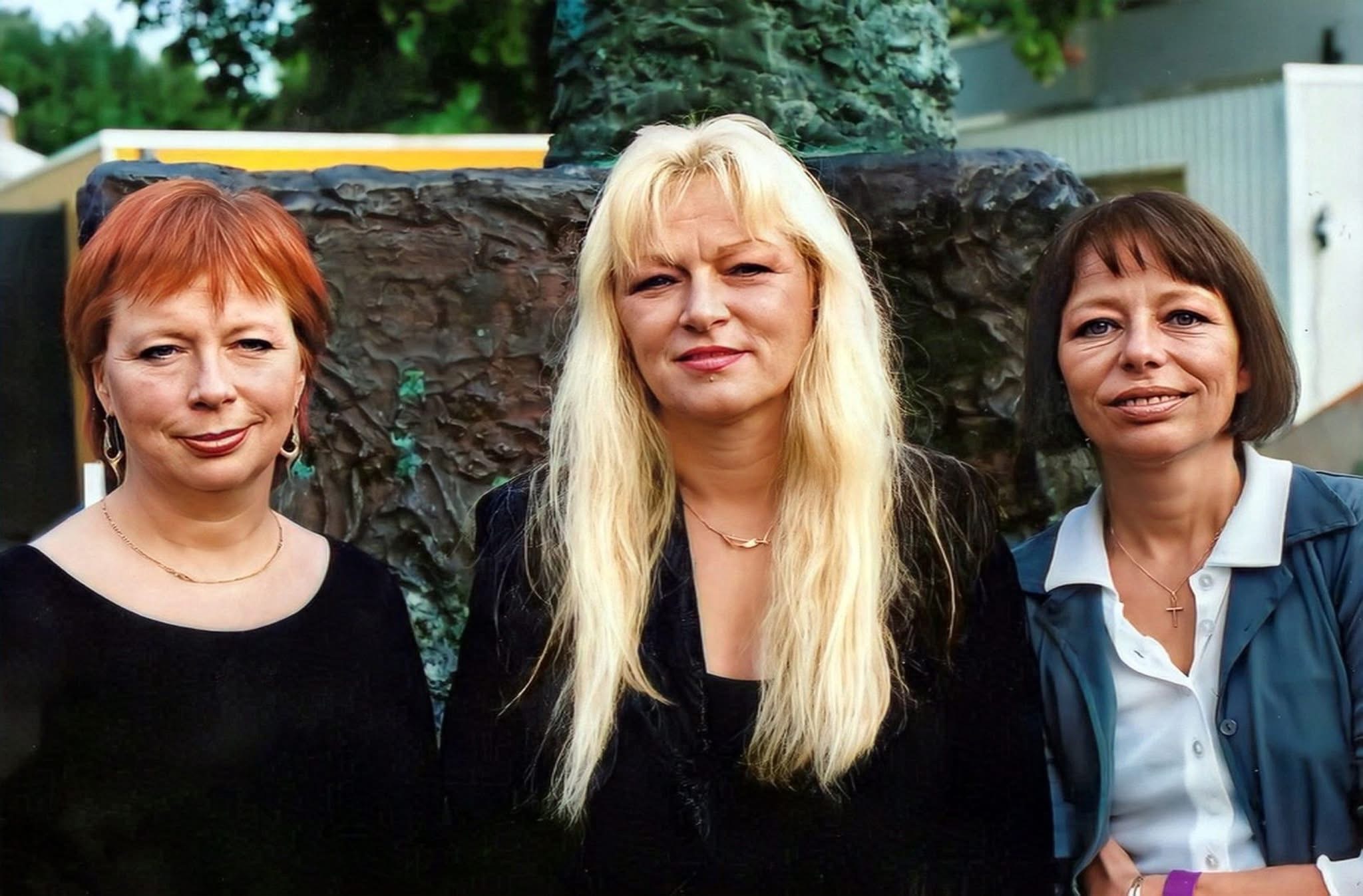Book about popular band Pussycat: ‘We experienced beautiful things’
The story of the Brunssum band Pussycat has been published in book form. After a conversation with his son, co-founder and guitarist Lou Willé came up with the idea for a book about the Limburg band.
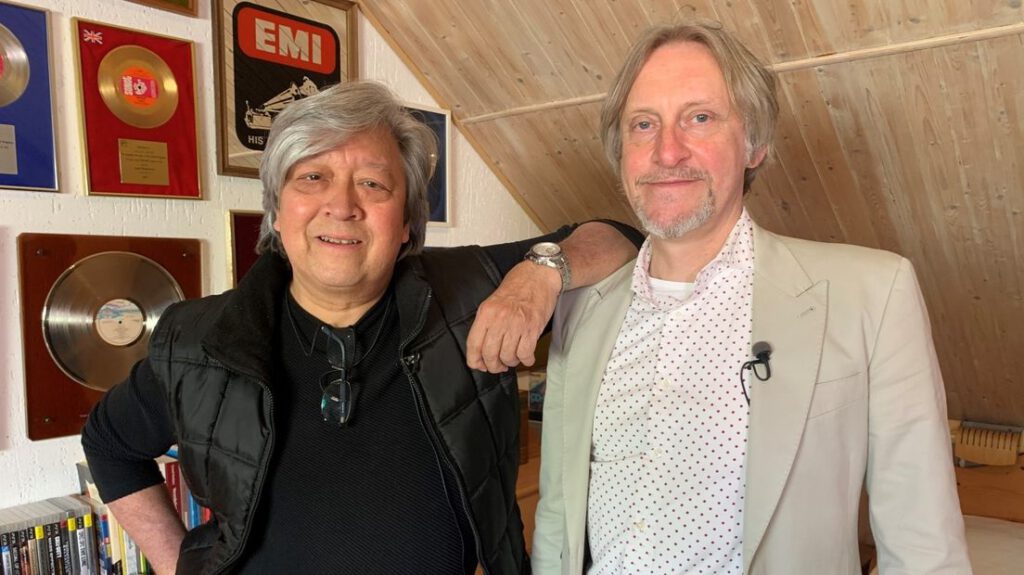
With Pussycat, the Mississippi flows in Limburg, as the book is called, the Heerlen resident has archived the story of the successful formation together with writer and music lover Harm Peter Smilde.
Dad, you were very famous
“My son Nick had taken his mother to a performance in Germany,” says Willé. “They had talked about the past. When he came to visit me that week he said: ‘Dad, you were really famous, weren’t you?’. That got me thinking. I especially thought it was a shame that he didn’t know what his father and mother had done everything in the past.” He then decided to take up writing, but writing a book turned out to be quite a job. “It didn’t work at all. After a while I stopped. Then I asked my brother if he knew anything about biographies. He pointed me to a book about the Tielman Brothers by Harm Peter Smilde.” This is how Willé came into contact with the author. “When Lou called me, I didn’t know who he was at first,” admits Harm Peter Smilde. “But when I heard it was about Puyssycat, I was excited.”
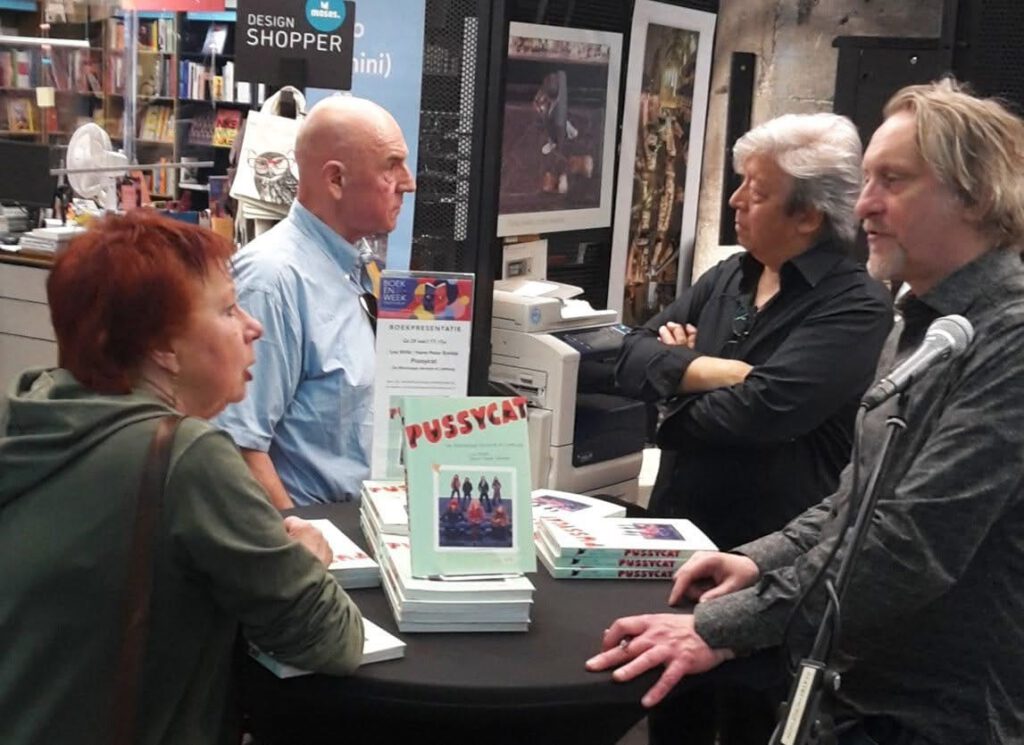
World hits
For many people, Pussycat needs little introduction. The band around the singing Brunssum sisters Toni, Marianne and Betty had four international hits in a row in the mid-seventies: Mississippi (1975), Georgie (1976), Smile (1976) and My broken souvenirs (1977.) This was followed by another series of hit singles in the Netherlands, Germany and Belgium. A total of 42 records have achieved gold, silver or platinum status. The song Mississippi was their biggest hit. The country classic was a big hit in fifteen countries and even reached first place in the charts in nine countries.

Soft g
“With Mississippi we were even the first Dutch band to reach number one in England,” says Willé proudly. According to the musician, that was a lot for that time. European music was seen as ‘continental shit’ in England. “In England they didn’t realize that we came from the Netherlands at all. They had just had ABBA and then they got a European bond with us again.” According to Willé, it is because of the Limburg soft g that the English could not hear that Pussycat was a Dutch band. “The way she sang was really good. With Toni you couldn’t hear that she was Dutch. Her pronunciation was phenomenal. We also played a lot with English bands such as Slade and Rubettes. They said that they always felt that Dutch artists had to throw up when they heard their hard g.”

Limburg
Although it did not matter internationally that they came from Limburg, it was different in their own country. “When something comes on television and it’s about bands from the past, it’s always about Luv and George Baker. They’re always bands from the north,” says Willé. “We used to get the cold shoulder, but we were successful.” Author Smilde adds that pop reporting at that time did not go beyond Eindhoven. “Limburg was a bit ignored. The other side of the story was that they could perform in Belgium and Germany,” he says.
Tour South Africa
Pussycat toured South Africa in 1978. “They had often asked us. We would like to come and play, but for a mixed audience. We were not so concerned with politics at that time. This came from Betty, but as a band we supported her position,” says Willé. The South African record company eventually agreed and the band was allowed to perform in front of a mixed audience. “In retrospect, that is special. We are the first international band to achieve that. ‘Apartheid’ was still in effect in South Africa at the time.” And that there was a racial system in South Africa soon became clear to Willé. “When we first lived in the Netherlands, we were sometimes called a rice picker or a peanut nut. But that was very innocent if you compare that with South Africa. We had landed for half an hour and then I was confronted with it in the toilet. Here I had You have a separate toilet for black and white people. We never gave much publicity to the South African tour. We especially wanted to play there, but if Nelson Mandela had known that, I think he would have been proud.”
The fact that the Dutch press did not write a letter at the time is very surprising to writer Smilde. “That would of course have been big news. They met Telegraaf journalist Jip Golsteijn at the airport. A missed opportunity. That would have been a great scoop,” says the writer. “He didn’t believe we would be able to play for a mixed audience,” Willé adds.
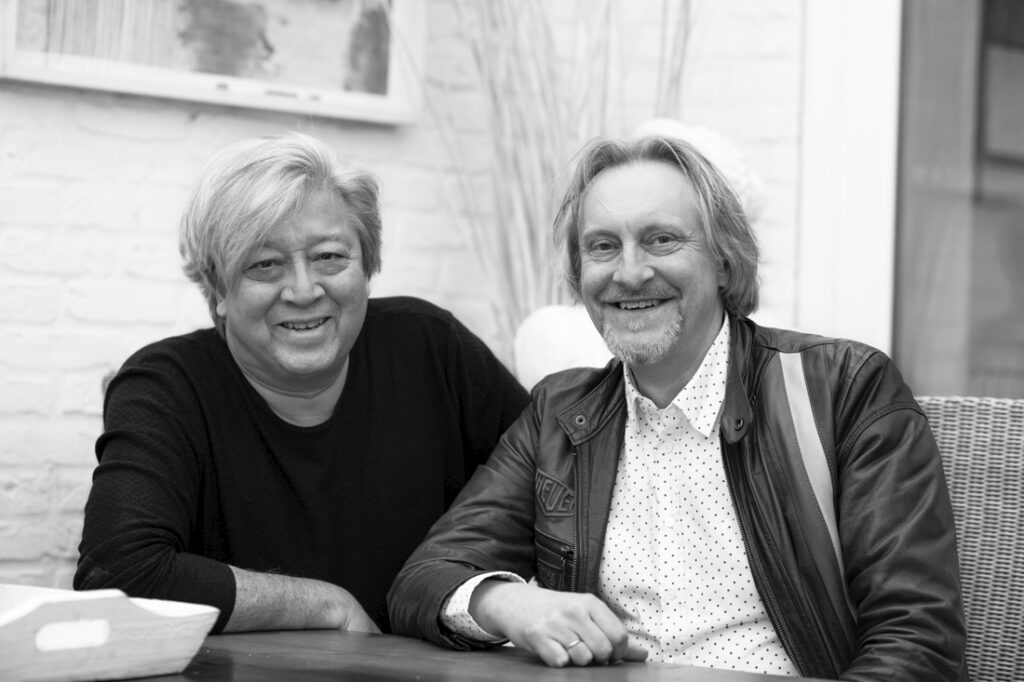
America
Although the title of the book suggests otherwise, the Mississippi flows through America. Yet the song never caught on in that country. “The record company did make an effort. The song was released twice in America,” says Smilde. “There is even a cover by a certain Barbara Fairchild, which entered the country charts in Mississippi. Lou thinks it is due to the naan and the association with ‘pussy’. Remember that many bands do not have a foothold received in America. In America at the time there were many radio stations that focused on genres. The song was too poppy for country fans and too country for pop stations.”
Archive
For music lover Smilde it was a pleasure to work on the book. He is particularly pleased with Willé’s archive: photo albums and 20 scrapbooks full of newspaper clippings, contracts and other items. “I had great fun looking through that,” he says. “Lou kept absolutely everything. An example. Before Pussycat came into being, they had demos. Lou didn’t know what to do with them. He then came into contact with someone who said that he had to have the cassette tapes copied. He then took them to a record store in Heerlen and asked how he should send things to a record company. The owner wrote down 8 addresses of record companies on a piece of scrap paper. He still has those notes.” Smilde thought another funny story was that a thief had stolen the gold records in the early 1980s. “They were then found along a provincial road towards Maastricht. They were scratched. Only then did the thief see that it was gold paint and that gold records are not actually worth a cent.”
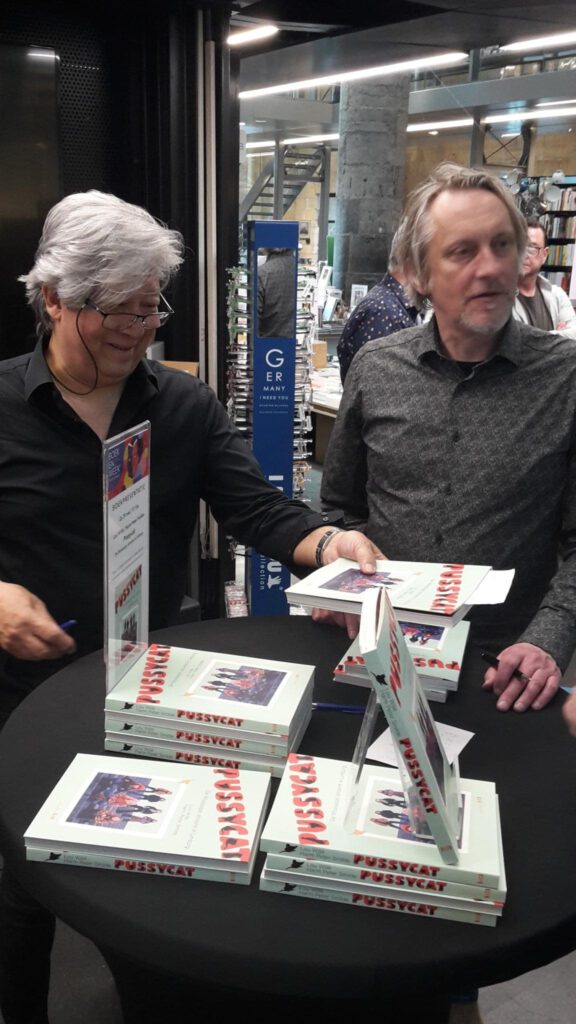
Canon of Dutch pop music
Smilde has discovered by way of test that Pussycat is still known even in 2021. “My hairdresser is 23 and he knew the band too,” he says. “And people over 50 all know the band. Pussycat’s name recognition is still enormous.” It is therefore a thorn in the side of the writer that Mississippi has disappeared from the Top 2000. “This band simply belongs at the top of the canon of Dutch pop music. Next to Golden Earring, Shocking Blue, Focus and so on. They simply deserve that because of their success.”
Candid
For Willé, that is certainly not the main motivation behind the book. “I especially want to tell the story of Pussycat and I certainly don’t want to throw mud,” he says. “I would never have wanted to miss all of this in my life. The good times, but also the bad times. We really experienced a lot of beautiful things. It has become a candid book, but also with a lot of humor.”
Books | About the Mississippi…


